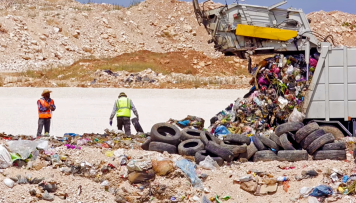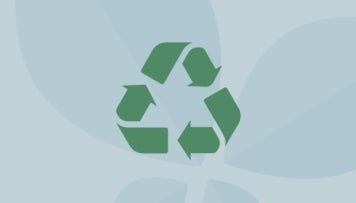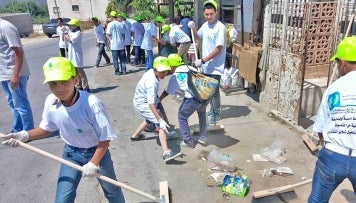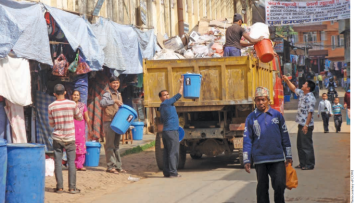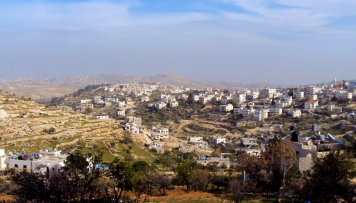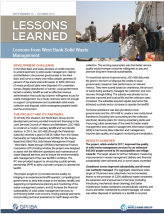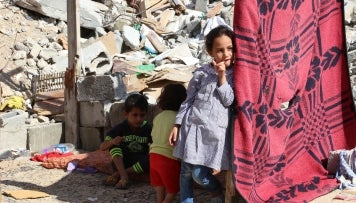
WASHINGTON, November 23, 2020 — The Global Partnership for Results-Based Approaches (GPRBA) and the Partnership for Infrastructure Development Multi-Donor Trust Fund (PID-MDTF) for the West Bank and Gaza, and the Palestinian National Authority signed a grant agreement providing $3.25 million in additional financing to support the ongoing Gaza Solid Waste Management Project (GSWMP).
The GSWMP, which aims to increase the capacity of solid waste management practices and infrastructure in Gaza, was initiated in 2014 through a partnership between the World Bank, the French Development Agency, the European Union and other development partners. The original $29.5 million in funding from these organizations will be supplemented by GPRBA’s commitment, but the goals and strategy of the initial project will remain the same.
A World Bank-administered trust fund, GPRBA supports development projects by linking funding to actual results achieved. In Gaza, GPRBA’s additional funds will use a results-based financing approach, building on the success of the existing project and providing a subsidy for operating the newly built waste management infrastructure. The subsidy is designed to incentivize the recipient service provider—the Joint Services Council for Khan Younis, Rafah and Middle area (JSC-KRM)—to improve its solid waste collection and treatment procedures. It will also incentivize them to improve cost recovery through improved fee collection from users.
In addition to bridging finance shortfalls, these additional funds will be used to equip medical waste producers with training and resources to properly dispose of hazardous waste, and to establish operational standards for landfills to address environmental issues. These standards could later be applied across the Palestinian Territories, multiplying the project’s impact and providing the residents of Gaza with a needed but often neglected municipal service for a healthier and more sustainable community.
The Gaza Solid Waste Management Project has already yielded positive results for several years. The project funded the construction of new, more sanitary landfill and transfer stations that benefit over 900,000 people, almost 46% of the total population of Gaza. Around 94% (about 677 tons per day) of the municipal waste in the target area is being disposed at the new landfill. The transfer stations are also serving as cost-effective temporary waste storage stations.
By improving the overall solid waste management infrastructure and management systems, the project will help alleviate the disproportionate impact that uncollected and untreated solid waste could have on the urban poor, contributing to better environmental and public health outcomes.
Press Release in Arabic - نحو مليون مستفيد من تطوير منشآت إدارة النفايات الصلبة في غزة
